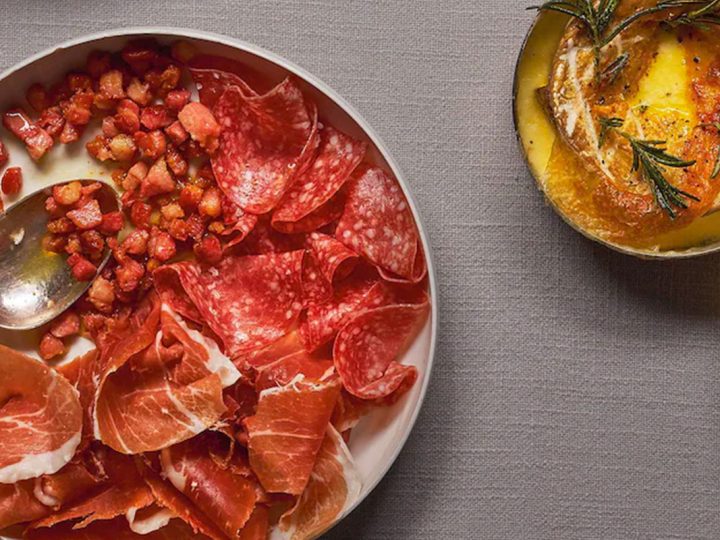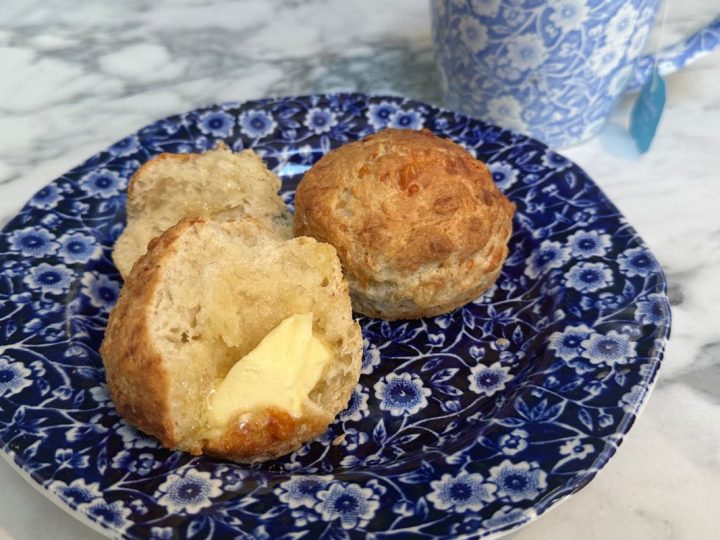The team at Hampshire Cheese Company have been out and about, exploring how to further amplify the complex flavours of our cheeses. Today, we talked to one of our local wine experts at The General Wine Company to challenge conventional thinking about which wines to pair with cheeses and your chosen meat for the festive season.
Q. What does Christmas mean to The General Wine Company?
The festive period in the wine trade is a busy, yet fun time! We find our customers often lean to the classics, Claret and Burgundy from France, Tokaji from Hungary, Port from the Douro in Portugal along with other traditional favourites such as Champagne.
Q. A carefully selected wine will enhance the flavours of the food. Are you often asked about food pairing?
Yes! One of the benefits of buying directly from a wine merchant is that we make a point of knowing which wines work with which food. We are guided to some extent by our customers – some enjoy the more traditional pairings, and others are open to explore new flavours and combinations.
Q. Turkey, Goose, Beef or Venison for Christmas?
With so many fabulous farm shops locally, we are spoiled for choice! As far as wine choice is concerned, claret (as it’s commonly known in the English speaking world!) is the perfect choice for roast beef or venison.
For claret we head to perhaps the most famous wine region in the world, Bordeaux. Home to a number of smaller wine producing areas that are almost household brand-names: Margaux and Pauillac on the left (southern) bank of the Gironde estuary, Saint-Emilion and Pomerol on the right. We would recommend Claret Duluc de Branaire Ducru 2016.
Chateau Branaire-Ducru is a fourth growth winery in the slightly less well known left bank appellation of Saint-Julien. Like most left bank properties, the wines are made from a blend of different varieties, chief amongst them cabernet sauvignon. They also make a “second” wine called “Duluc de Branaire-Ducru” from some of their younger vines. A little lighter in character than their main wine, the tannins are firm but with ripe, intense dark fruit flavours which give way to tobacco leaf and smokiness on the finish.
2016 may be the best vintage for St-Julien in a generation; wines like this one will keep well and continue to improve for several years.
Don’t forget to decant two hours or more before serving!
For both turkey and goose we’d recommend red Burgundy, so Pinot noir. We would lean towards the fantastic Domaine Delagrange Pommard “Les Vaumuriens Hauts” 2019 for goose and the Delagrange Volnay “Vieilles Vignes” 2019 for something slightly lighter for turkey.
They are both from the Cotes de Beaune, the difference being that Pommard emphasises body and tannins more, compared to the lightness of Volnay. Both have black fruit characteristics, and the acidity to back up their flavour.
If you have any Provencal rose wine left over from summer, you might like to try it with the turkey. The delicate red fruit flavours and the characteristic acidity of Provence rose mean it will act like a refreshing palate cleanser against the powerful flavours of Christmas dinner. Whispering Angel made the style famous, but you could also opt for an organic offering, like our 2021 Domaine Monticoles.
The fuller flavour and extra fat of Goose warrants a further step. Try it with a rich, dry German riesling – Louis Guntrum’s Oppenheim Sacktrager, or the pricier but fantastic Donnhoff Tonscheifer.
Q. The Christmas feast continues with cheese. Many of us would instinctively buy a port – is there anything else you would suggest?
If you are looking for something a little more unique, it’s really worth exploring sweet white wine which is stunning with many cheeses. For the more traditional, you cannot go wrong with a full bodied port.
Our choice for a sweet wine comes from Hungary: in 1730, Tokaji Aszu (tok-eye) became one of the first wines to have its production classified and protected under law. Located in the North-Eastern part of the country, the proximity to the Bodrog River encourages mists to envelop the vineyards where the most important Tokaji grape, Furmint, can develop so called “noble rot”. The resulting wine is incredibly sweet, and over time takes on a magnificent deep red-gold colour. Our choice here, St Stephen’s Crown Tokaji Aszu 2014 5 Puttonyos, from Torley, its name comes from the crown worn by Hungary’s first King, St Stephen! The combination of acidity and concentrated dried fruit flavours make a perfect accompaniment to some of the more pungent soft cheeses.
Not everyone has a sweet tooth. Claret is versatile enough to pair well most cheeses.
For port, we head inevitably to the mountainous Douro valley in Portugal, whose wines have the potential to improve in the bottle for decades, and keep for centuries if stored under the right conditions. You don’t, however, have to spend the earth to enjoy a top quality port. Nearly every producer will release a so-called “single Quinta” port from their various estates in vintages which don’t get declared. One such wine is the Quinta dos Malvedos 2010 from Graham’s. Wonderfully perfumed, with lots of rich, dried fruit flavours this wine would overpower light cheeses, but any of the heftier, saltier occupants of the cheese board will appreciate the contrast of the fruity sweetness of this wine.
Q. If your customers were baking a Tunworth, for Boxing Day lunch for example, what would you recommend?
A white Burgundy! Made from the chardonnay grape, this is one the most versatile grapes, used across the world to create lean, light, crisp wines, pineapple flavoured fruit bombs and rich, creamy, vanilla laden oaked examples. While prices can sometimes be high for some of the white burgundies (traditional farming methods dominate with little use of pesticides and machinery and relatively small production), we have several that are exceptionally good value.
Q. White with cheese?
Yes … definitely. A wine like the Domaine Fussiacus “Vieilles Vignes”, served cool but not cold. Made by Domaine Paquet & Fils from plots originally bought by the family in 1971, this is a fantastic example of white Burgundy at a reasonable price. Aged for 11 months with the yeast from the winemaking process, a small portion of the wine spends this time in a selection of French oak barrels. Ripe stone fruit flavours give way to subtle sweet spice notes from the barrel ageing, with an underlying minerality that keeps a lively freshness to the wine.
Thank you for your insights! We are looking forward to Christmas already, serving wines with confidence alongside our cheeses.
All wines detailed can be found in either Petersfield or Liphook shops, or can be ordered for delivery. Visit their website for more information about The General Wine Company, including opening hours.



